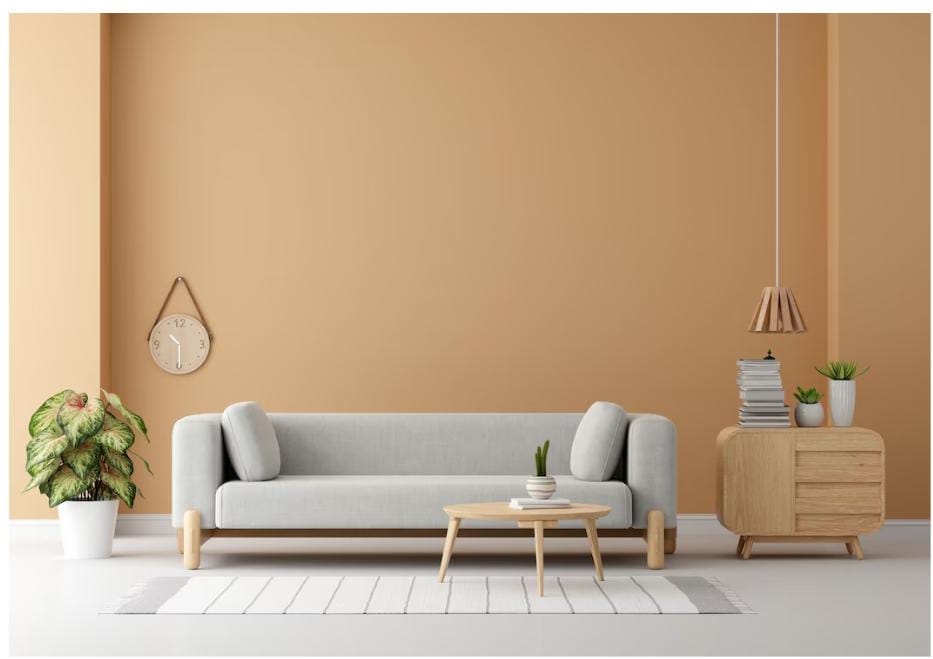The furniture market in the furniture industry has seen significant transformations in recent years, driven by changes in consumer preferences, technological advancements, and the rise of e-commerce.
In the year 2024, the debate between custom and mass-produced furniture has become even more pronounced. As consumers weigh their options, understanding the differences, benefits, and drawbacks of each type can help them make more informed decisions.
This article explores the key aspects of custom and mass-produced furniture, offering insights into what to consider when choosing between them.
Understanding Custom And Mass-Produced Furniture
Custom furniture allows for personalization, tailored to specific tastes and needs. This type of furniture is crafted to meet the unique preferences of the buyer, from design and materials to dimensions and finishes.
On the other hand, mass-produced furniture is manufactured in large quantities, offering uniformity and consistency at a lower cost. Both types have their place in the market, catering to different consumer needs and budgets.
- Design Flexibility
- Quality and Craftsmanship
- Cost Considerations
- Environmental Impact
- Time and Availability
- Consumer Experience
- Resale Value And Longevity
When searching for a top furniture manufacturer online, consumers can find both custom and mass-produced options, providing a variety of choices to suit their preferences. Additionally, many websites feature a top furniture manufacturer online, showcasing their best designs and most popular products.
Custom Furniture: Pros & Cons
Custom furniture offers numerous benefits, particularly in terms of personalization and quality. However, it also comes with certain drawbacks that consumers should consider.
Pros Of Custom Furniture
- Design Flexibility: Custom furniture allows for personalization, tailored to specific tastes and needs. This flexibility lets homeowners create unique pieces that perfectly match their décor and functional requirements.
- Quality And Craftsmanship: Custom pieces are often made with higher-quality materials and superior craftsmanship. Skilled artisans take pride in their work, ensuring each piece meets high standards and results in furniture that is both beautiful and durable.
- Unique And Personal: Each piece of custom furniture is unique, reflecting the individual’s personal style and preferences. This uniqueness can add a special touch to any home.
- Perfect Fit: Custom furniture can be designed to fit perfectly within specific spaces, accommodating unique layouts and dimensions. This is especially beneficial for homes with unusual or challenging room configurations.
Cons Of Custom Furniture
- Higher Cost: While custom furniture offers many advantages, it often comes at a higher price. The cost of materials, labor, and design can add up quickly, making custom pieces a significant investment.
- Longer Lead Time: Custom pieces typically require longer lead times, as they are made to order. Consumers need to plan ahead and be prepared to wait for their furniture to be completed.
- Limited Returns: Due to the personalized nature of custom furniture, returning or exchanging these items can be challenging. Consumers must be sure of their choices before committing.
- Complex Decision-Making: The process of designing custom furniture can be overwhelming for those who are not familiar with design principles or who have difficulty making decisions.
Mass-Produced Furniture: Pros & Cons
Mass-produced furniture has its own set of advantages and disadvantages. Understanding these can help consumers make informed choices when shopping for furniture.
Pros Of Mass-Produced Furniture
- Affordability: One of the biggest advantages of mass-produced furniture is its cost-effectiveness. These pieces are manufactured in large quantities, which helps to keep prices low. This makes mass-produced furniture accessible to a wider range of consumers.
- Availability and Convenience: Mass-produced furniture is readily available, often with immediate or short-term delivery options. This convenience is a significant benefit for consumers who need furniture quickly or do not want to wait for custom pieces to be made.
- Uniformity: For those who prefer a consistent look, mass-produced furniture offers uniformity in design and finish. This can be particularly appealing for individuals who want a cohesive look in their home.
- Variety: Despite being mass-produced, there is often a wide variety of styles and designs to choose from. Consumers can find pieces that suit their tastes without the need for customization. For example, websites like churchchairsbycomfortek.com offer a range of high-quality mass-produced seating options that cater to various needs, including those of places of worship.
Cons Of Mass-Produced Furniture
- Quality: Mass-produced furniture is typically made from lower-quality materials and may not be as durable as custom pieces. The focus on cost-saving measures can result in furniture that is less robust and more prone to wear and tear.
- Environmental Concerns: The production of mass-produced furniture can have a significant environmental impact. The use of non-sustainable materials and mass production practices can contribute to deforestation, pollution, and other environmental issues.
- Lack of Personalization: Mass-produced furniture offers limited options for personalization. Consumers looking for unique or specific designs may find it challenging to find exactly what they want.
- Potential Assembly Required: Many mass-produced pieces come in flat-pack form, requiring consumers to assemble the furniture themselves. This can be a time-consuming and sometimes frustrating process.
Conclusion
Choosing between custom and mass-produced furniture ultimately depends on individual preferences, needs, and budget. And understanding the differences between custom and mass-produced furniture can help consumers navigate the market more effectively. Whether opting for the personalized touch of custom pieces or the convenience and affordability of mass-produced items, there is a wide array of choices available to meet diverse needs and tastes.
Keep an eye for more latest news & updates on Internal Insider!










